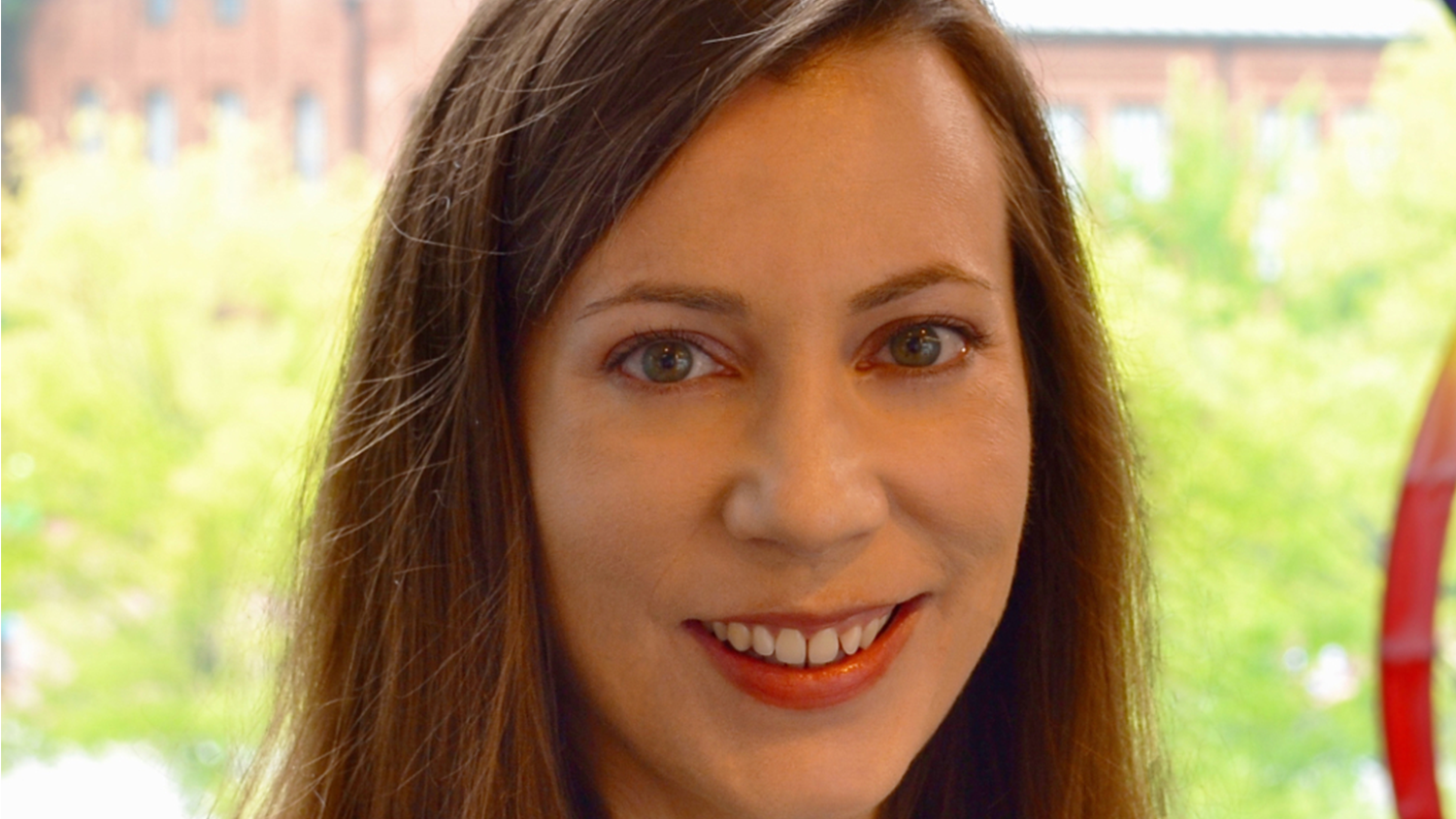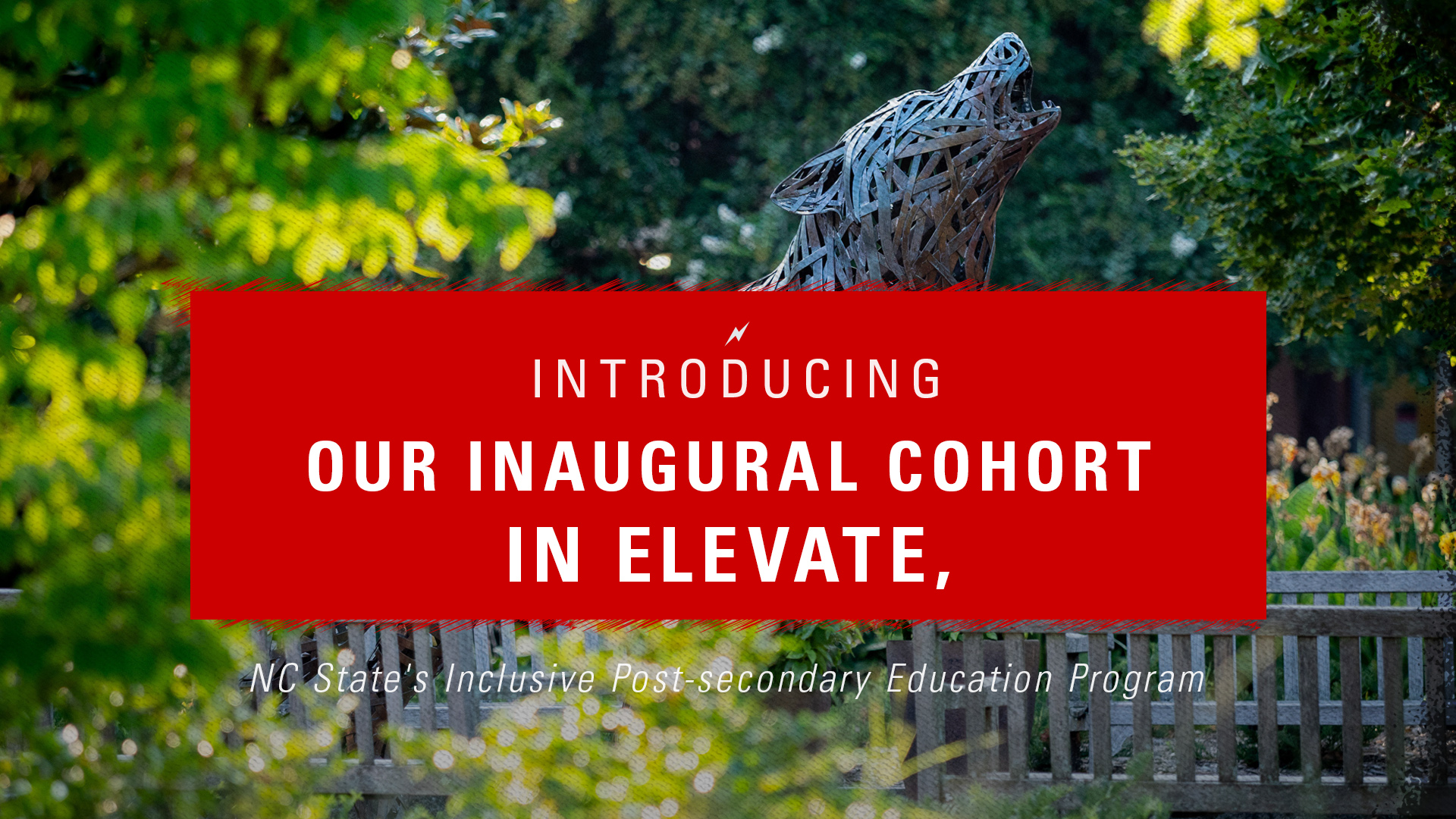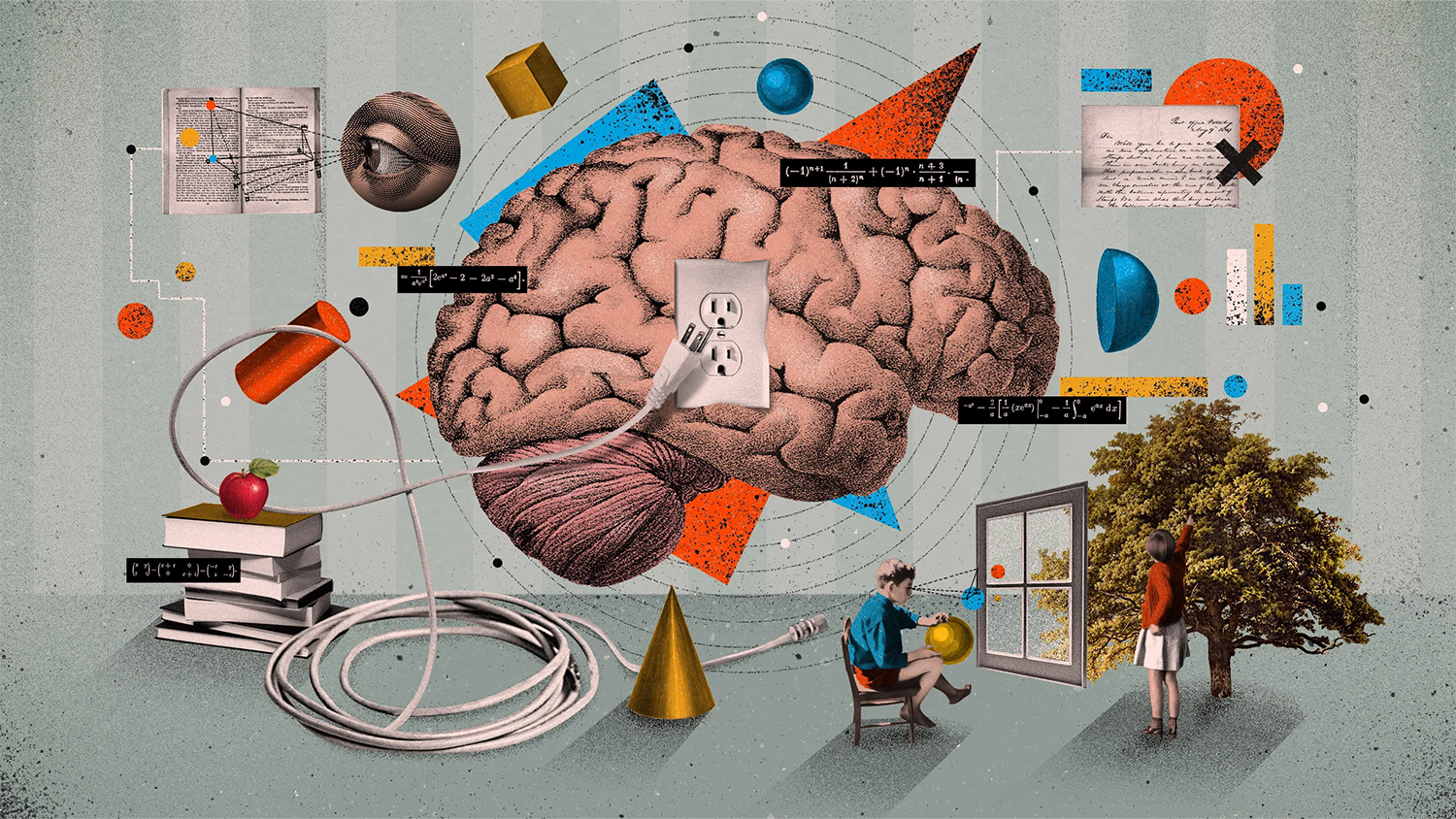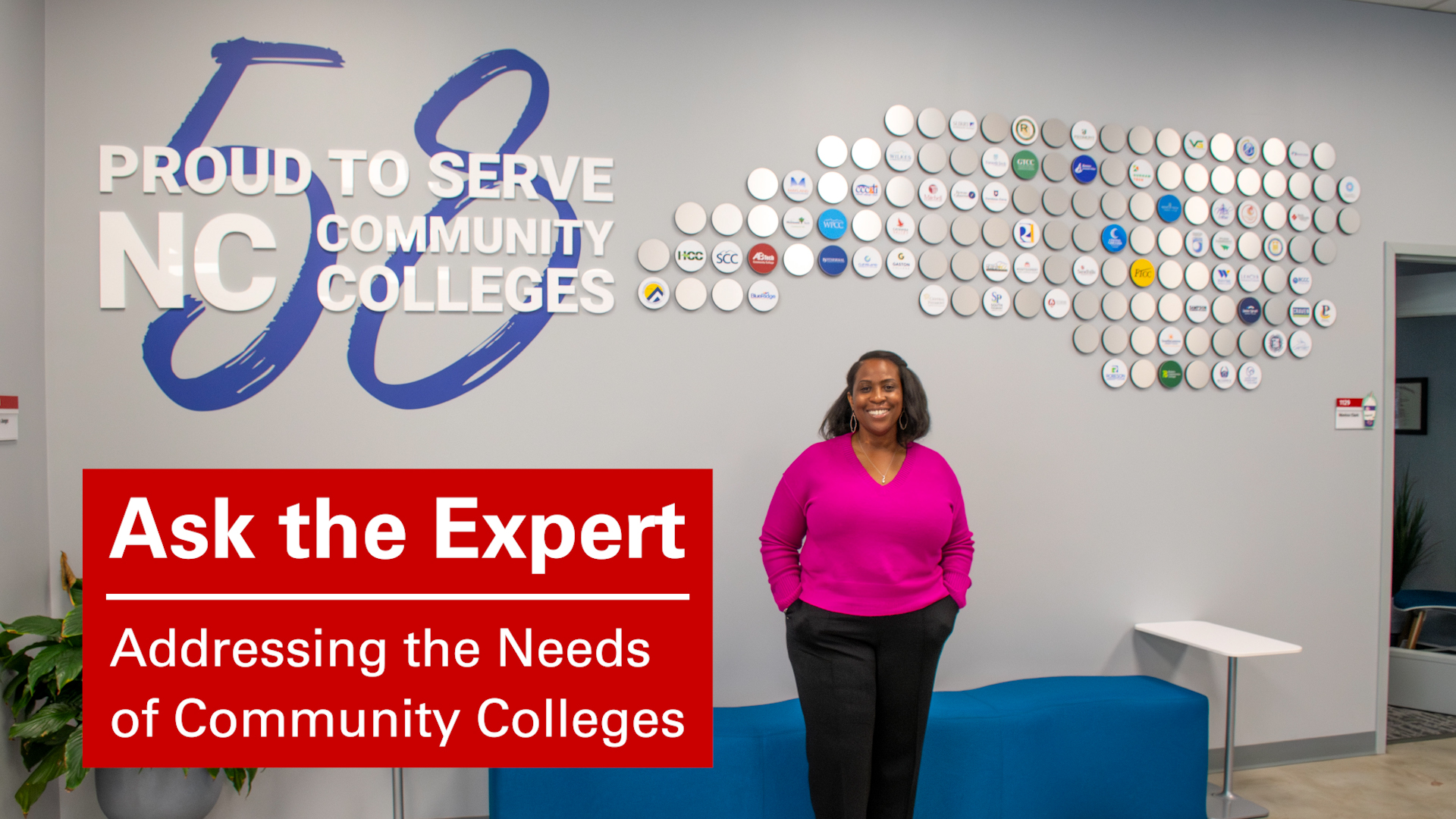New IDEALS Project Study Reveals that As Colleges Teach Students About Diversity, They Miss A Crucial Topic: Religion

A first of its kind, multi-year survey of thousands of college students on 122 campuses nationwide has found that while schools make enormous strides in educating students about diversity, they are not doing enough about a critical subject: religion.
“Religious beliefs dictate so much of how we interact in the world. Yet our colleges and universities, which are educating the next generation of leaders, need to do more to prepare students to engage religious differences productively. Our nation needs healing in this unprecedented time. As we grow more polarized and enter a heated election cycle, emerging graduates must be equipped to bridge divides between groups,” said NC State College of Education Alumni Distinguished Graduate Professor Professor Alyssa N. Rockenbach, Ph.D., one of the two lead researchers on the Interfaith Diversity Experiences and Attitudes Longitudinal Survey, otherwise known as IDEALS.
The report, commissioned by the Chicago-based non-profit Interfaith Youth Core, found that 74% of students have dedicated time to learning about people of a different race/ethnicity, and most students learned about people with different political views and sexual orientations. While this type of education is deeply important, far fewer students have taken time to learn about specific religions, with the survey finding that just 40% of students devoted time to learning about Jews and Evangelical Christians, 27% spent time learning about Hindus, and only 22% spent time learning about Latter-day Saints (Mormons).
“Our nation is in the midst of a historical cultural upheaval that is calling new attention to the importance of disrupting hegemonic policy and practice, re-envisioning diversity, equity, and inclusion, and improving understanding between communities,” said Matthew J. Mayhew, Ph.D., Flesher Professor at The Ohio State University and the other lead researcher on the study. “Institutions must be agents of democratic healing – equipping students with the tools needed to navigate an increasingly diverse world, particularly at a moment when higher education is being reshaped fundamentally by the pandemics related to COVID-19 and racial violence.”
The report also includes a number of other major findings:
- Only 65% of students reported trying to build relationships with people who hold religious or non-religious beliefs that they disagree with. Additionally, 63% of students feel that people on their campuses interact primarily with their own religious or worldview communities.
- Students experience college differently depending on their religious identity—and those who are religious minorities often feel unwelcome and unsupported. Jewish students in particular reported feeling concerns about the climate they faced on their campuses.
- Only one-third of students expressed confidence in their ability to negotiate challenging conversations with people who hold different views, and 59% reported staying quiet at least occasionally during challenging conversations to avoid conflict.
IDEALS outlines steps that campus leaders can take to mitigate these important challenges to appreciating religious diversity within higher education and nationally.
“Our nation is growing increasingly diverse — and increasingly divided. Left unchecked, these divisions will intensify further, hurting our nation. Colleges and universities are uniquely positioned to turn this around, and they must capitalize on this power,” said Eboo Patel, the founder and president of the Interfaith Youth Core. “As educators embark on a new school year, it is paramount that they adopt new strategies to ensure students develop a comprehensive understanding of diversity. IDEALS gives them a roadmap to do so.”
- Categories:


